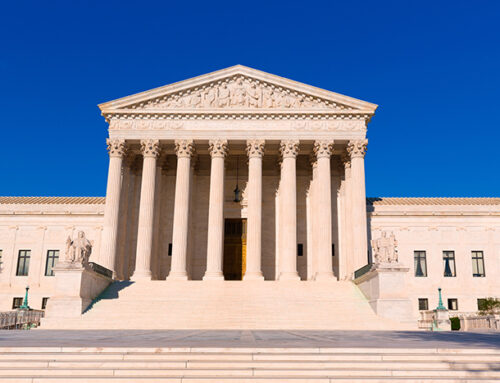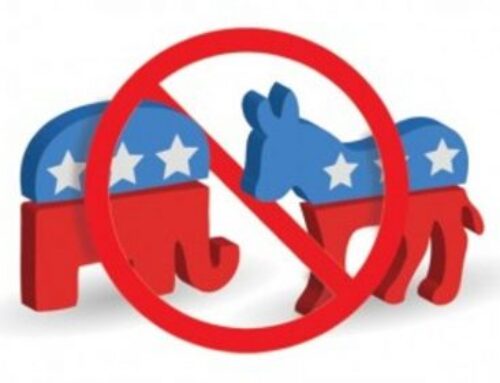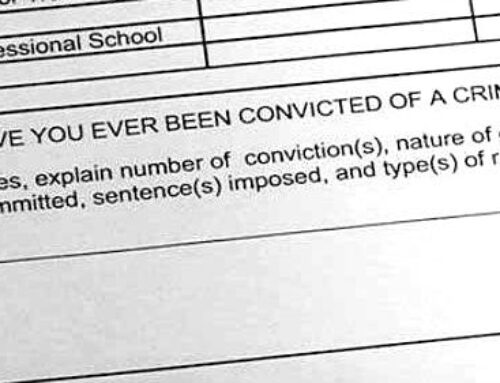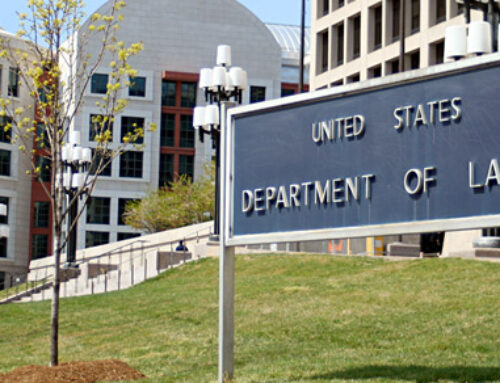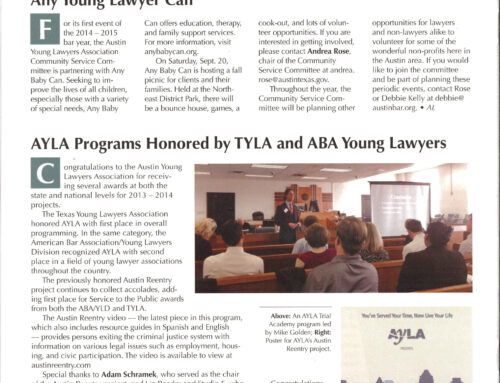by Ann Price
The naming of Andy Puzder as President-Elect Trump’s choice for Secretary of Labor signals that the new overtime rule set to become effective on December 1, 2016 may ultimately languish. Mr. Puzder is on the record as a critic of the rule. Currently, enforcement of the rule is stayed pending the appeal by the Department of Labor of the nation-wide temporary injunction issued by a Texas federal court. A ruling by the Fifth Circuit is unlikely before the inauguration on January 20, 2016. The new administration could drop the appeal or issue a different rule after notice and comment. The outcome of the November elections also makes possible legislation or other executive action to stop or alter the rule.
As we reported in our May Newsletter, the new overtime rule intended to roughly double the minimum weekly salary level to qualify as an exempt executive, administrative or professional employee to $913 per week ($47,476 per year) and provided for automatic increases every three years. The court found that a lawsuit by 21 states and a number of business groups claiming that DOL exceeded its authority by making exemption turn on pay rather than duties were substantially likely to succeed.
Many employers who were waiting until December 1 to implement changes—such as salary increases or reclassification to nonexempt—opted not to make any changes and to await a permanent resolution. On the other hand, employers who implemented changes in anticipation of the new rule face difficult choices regarding whether or not to roll back those changes. While some employees may welcome being reinstated as an exempt employees, it would be more difficult to lower the pay of employees whose salaries were increased to meet the new minimum weekly amount. Changes made to positions, staffing, hiring, and schedules will also require careful analysis to determine the best course of action going forward.
















